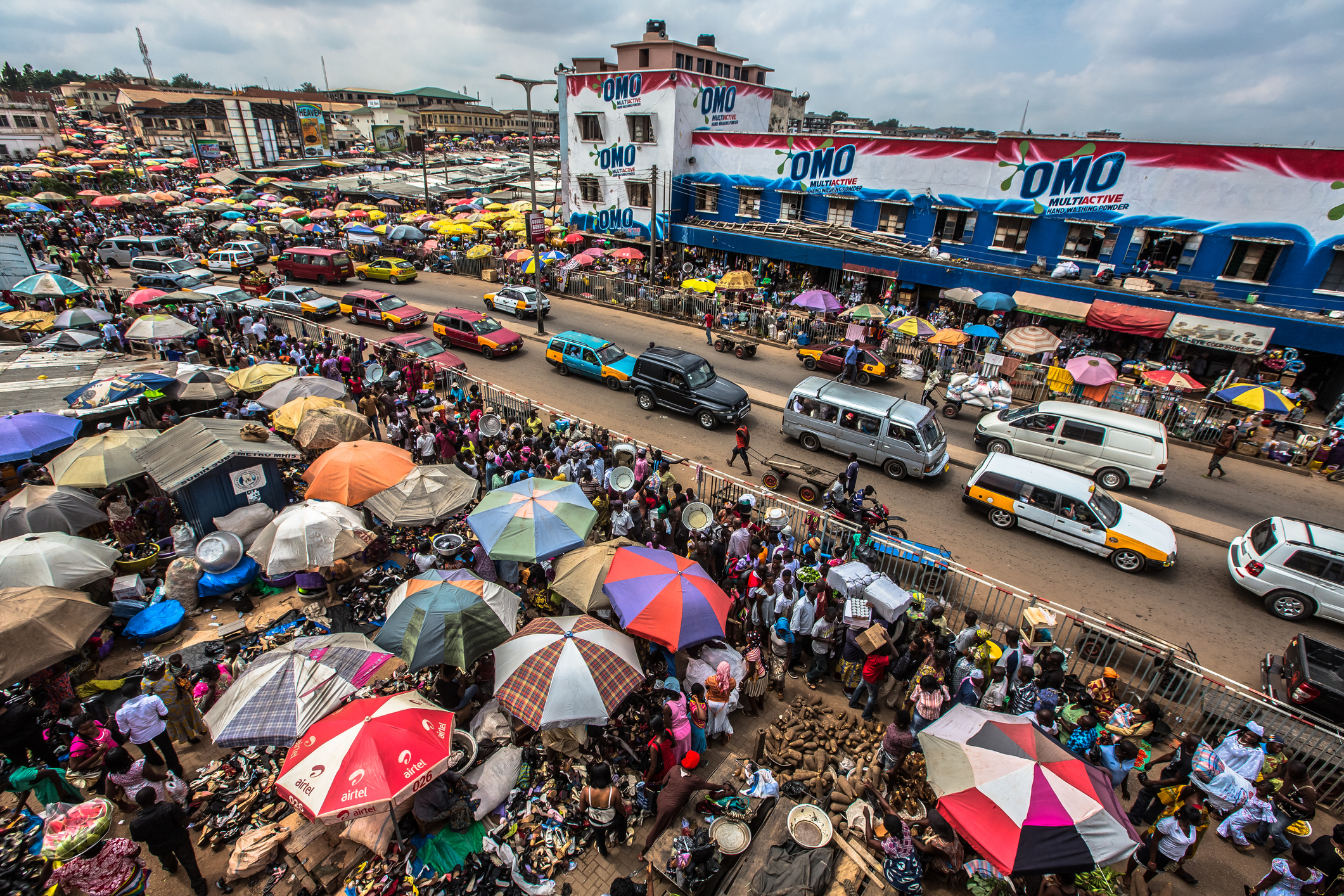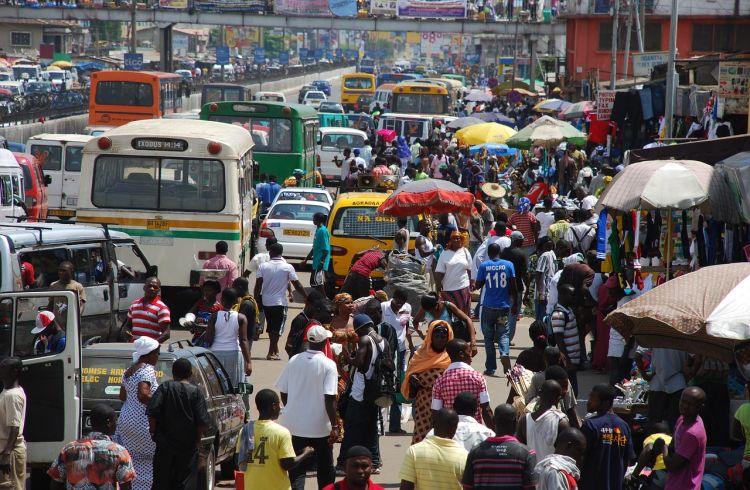Ghana Transport Safety - Know Before You Go
Travel through West Africa can be very rewarding, but it can also be one of the toughest places to get from A to B. Here's what travelers need to know.
Shares
 Photo © GettyImages/Anthony Pappone
Photo © GettyImages/Anthony Pappone
Tro-tro
Sierra Leone has the
Tro
Similarly to shared taxis,
They are inexpensive (cheaper than shared taxis and long-haul buses) and fares should reflect distance traveled. Carry small change with you to pay the driver. They do have a questionable safety record and can break down. But, if you are after an experience, jump aboard as they can be a good way to chat with the locals.
Okada
Okadas, Ghana's motorcycle taxis,
Motorcycle accidents feature prominently in Ghana's road statistics; in the first two months of 2018, there were 620 accidents involving motorcycles. It's probably best to avoid this mode of transport but if you decide to take the
Other public transport
Buses
Ghana's national bus service Intercity STC (joint government and private run) runs services between Accra and regional cities in Ghana. It also operates services to Ouagadougou in Burkina Faso, Lome in Togo, Cotonou in Benin and Abidjan in Cote d'Ivoire (Ivory Coast).
The buses are air-conditioned, comfortable and have amenities such as charging ports, screens
Most services leave from the bus terminal in Accra. Make sure your belongings are
Taxi
Taxi is another easy, safe and plentiful option to get around Ghana. Drivers aren't shy about quoting higher prices so if you are traveling long distances, haggle for a good fare before hopping in. Use a taxi if you plan to head out at night rather than walking back to your accommodation, but avoid sharing a taxi.
While it might sound crazy, but check your taxi has seat belts. Some aren't roadworthy and can be a risk to your safety.
Many accommodations will have set drivers working for them, so if you need to grab a taxi ask at the reception. Don't forget to negotiate on price.
Driving in Ghana
Roads throughout Africa aren't in the best condition generally, but Ghana's roads tend to be better.
Main roads are generally paved and well maintained, with significant improvements being made between the capital, Accra, and Kumasi. However, some side roads in major cities, and many roads outside of major
The road from Accra to the central region tourist area of Cape Coast continues to be the site of many accidents. Usually, it's not the roads that kill, but the drivers making their way around so be vigilant when behind the wheel.
The rainy season in Ghana runs from May to October which means roads in the northern parts of the country can get flooded. So it's best to time your trip accordingly in that region, however, if you are traveling during that time, don't drive through floodwaters. While it may not look deep, looks can be deceiving and it doesn't take much for a vehicle to start to float and be swept away.
Road safety tips
Hitting the road in any country can be daunting if you don't know where you are going. So if you do decide to get amongst it on the roads in Ghana, there are a few things you need to be aware of.
- To hire a car and drive in Ghana, you will need an International Drivers Permit (IDP) as well as your home license. Road blocks are common throughout Ghana so make sure you are carrying your license, IDP, rental and insurance papers.
- Traveling at night is extremely hazardous. Aside from poor road conditions, many locations have poor street lighting and unpredictable pedestrians, cyclists and farm animals. Plus, there is the risk of being robbed.
- Drivers in Ghana can sometimes throw the road rules out the window. Poorly maintained and overloaded vehicles also pose serious threats to road safety.
- If you are running late, it's best to get some accommodation for the night and leave the driving to daylight hours.
- In the event your car is in an accident, drive to the nearest police station to sort out the incident.
Roadside crime
Roadside robberies can occur in Ghana, in
Try to avoid driving at night but if you decide to, you should remain vigilant. Drive with doors locked and windows up.
Related articles
Simple and flexible travel insurance
You can buy at home or while traveling, and claim online from anywhere in the world. With 150+ adventure activities covered and 24/7 emergency assistance.
Get a quote


No Comments